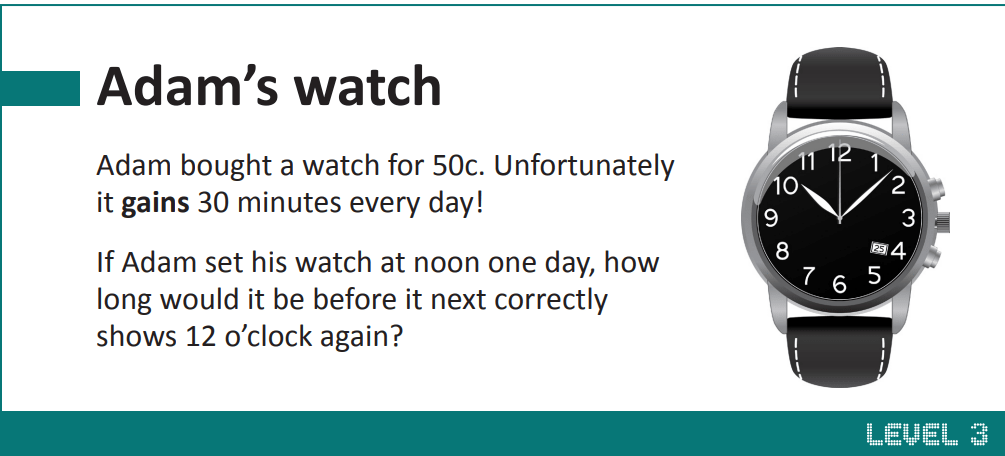It can often be very difficult to find suitable and effective online maths resources, given the myriad of impractical games and activities that can be found on many websites. In this blog post, I will attempt to show some very useful online maths resources that can supplement and extend our classroom teaching. These resources will place a particular focus on curriculum skills and ‘problem-solving’. The terms ‘problem’ and ‘problem-solving’ are used 125 times in the primary school maths curriculum document. However, it’s fair to say that practice within many classrooms can often see much less focus being placed on it than is envisaged within the curriculum.
Problem-Solving Skills
A key starting point is to create a skills-based approach, i.e. putting a process in place that a child can apply to any problem, rather than looking at problem-solving in isolation at the end of a particular chapter or unit. NRICH Maths (designed at the University of Cambridge) propose the following problem-solving skills and strategies:
- Trial and Improvement (Learning from mistakes and trying ‘better’ subsequently)
- Working Systemically (Following a particular system over a series of steps)
- Working Backwards (Being provided with the answer and having to find a variable)
- Visualising (Using imagery and drawings to solve problems)
- Pattern Spotting (Spotting patterns in number, shape, etc.)
- Conjecturing (Making a proposition on a tentative basis without proof)

The NRICH website provides us with sample problems that very much fit the ‘low-threshold; high ceiling’ category, meaning that they can be accessed at some level by almost all students. Each problem comes with its own teacher resources and sample solutions (which can be very helpful!). Check out an example of a ‘Trial and Improvement’ problem (Fractions in a Box) and a ‘Working Backwards’ problem (‘Growing Garlic’).
Another ‘go to’ resource for locating suitable problem-solving materials is NZ Maths. This project is designed to meet the needs of the New Zealand primary curriculum. The problems on this website are levelled (from Level 1 to Level 6) meaning that you will be able to find problems suitable for both junior and senior classes. One of the best elements of these problems is that they will tell you what operations are involved within the levelled menu – this saves time looking through problems that may require multiplication or division when it hasn’t been covered. Some problems you can check out here are ‘Paul’s Patterns’ and ‘Coin Exchange’.


They key to the implementation of a successful problem-solving strategy using the above skills and strategies is consistent application across the school. Giving the children a voice and allowing them to talk through and explain processes behind their workings is such a valuable element of this process.
Other Curricular Skills & Related Resources
- Estimating and Measuring: Steve Wyborney’s Esti-Mysteries are a brilliant resource for getting children estimating (and talking about their estimations). Each of these are available as a downloadable PowerPoint that reveals clues one-by-one.
- Reasoning: WODB (Which one doesn’t belong) is a great resource that allows children to justify and reason about which item from a set is the ‘odd one out’.
- Recording and Communicating: Maths Eyes is an excellent way to look at recording and communicating in a novel and fun way.
- Virtual Manipulatives: While online maths games are plentiful, it can be more difficult to find resources for some more ‘hands-on’ maths topics. However, there are some excellent virtual manipulative resources for tessellation, tangrams, and measuring angles available at these links.